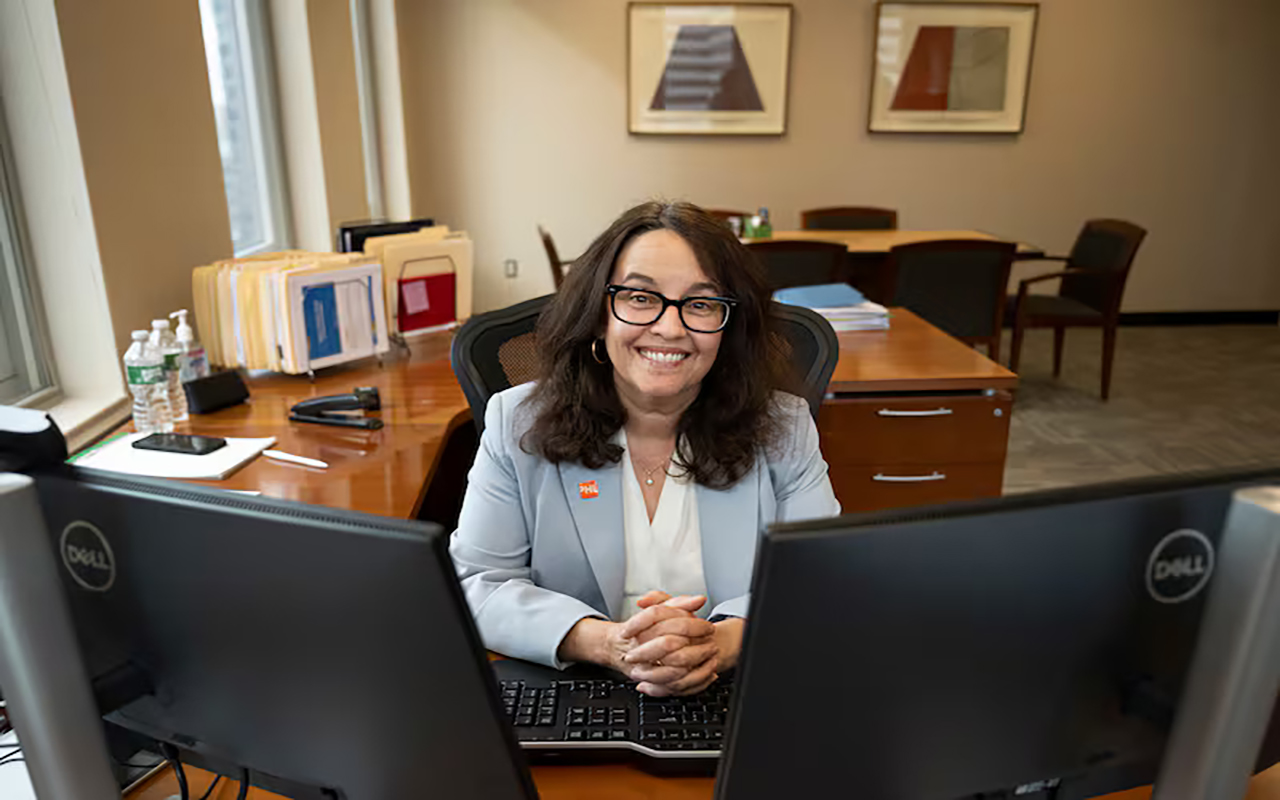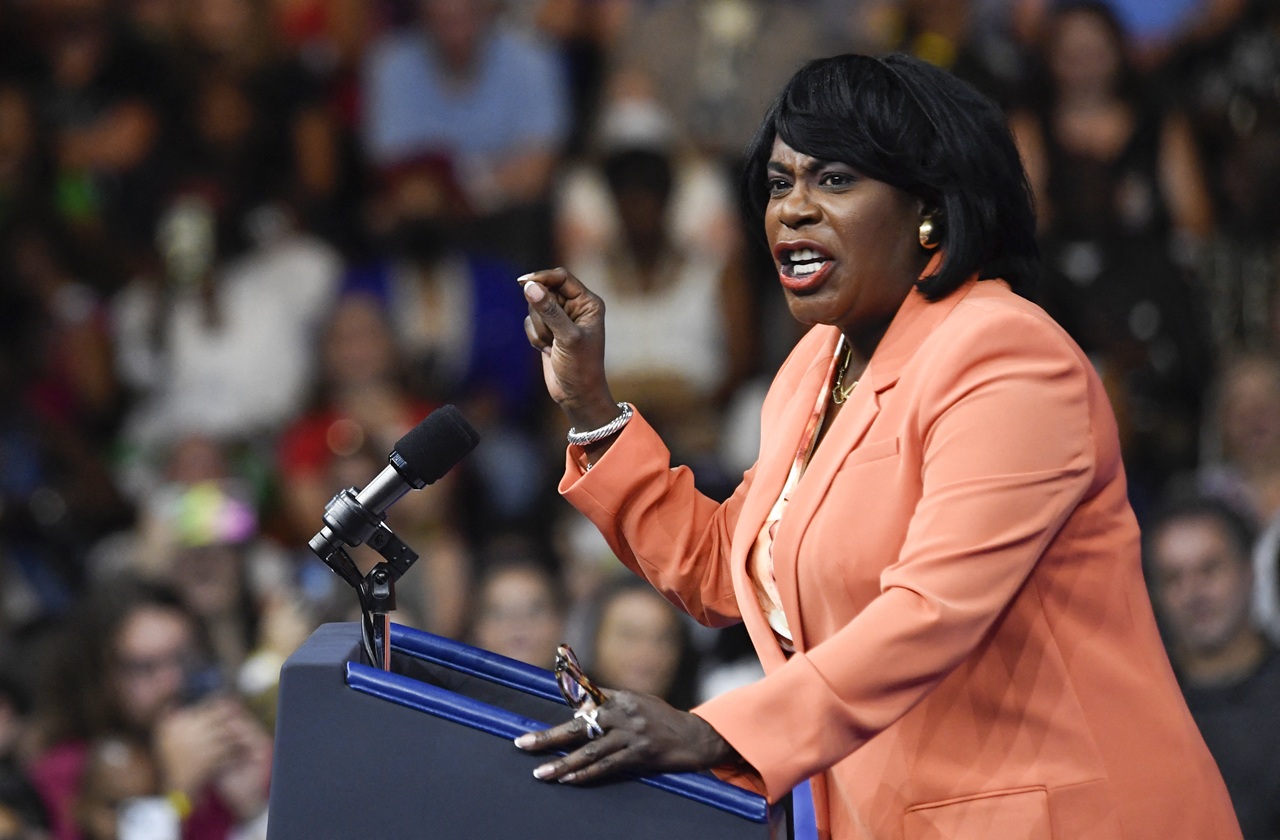
At-Large candidates hear from local tech entrepreneurs
Local technology startups had the chance to engage with candidates for City Council in a recent event hosted by WeWork and the Urban League of Philadelphia.
At-Large City Council candidates had the opportunity to discuss the future of business and economic development in Philadelphia with local business leaders and entrepreneurs at WeWork’s Northern Liberties location on Tuesday night.
The event was organized by WeWork and the Urban League of Philadelphia to generate dialogue between tech entrepreneurs and future political leaders of the city.
Candidates on hand included Democratic at-large nominees Beth Finn, Fernando Treviño, Isaiah Thomas, Eryn Santamoor and Ogbonna Paul Hagins. Republican candidate Drew Murray was also in attendance.
The panel of startup leaders who led the conversation included Kim Ramirez (co-founder of Factsumo), Rasheed Coleman (co-founder of The Fellowship: Black Male Educators for Social Justice), Anushree Vora (founder of AdmitAlly), and Jacob Walker (founder of Rivet).
Members of the panel pointed out challenges currently facing the city that they believe the local startup community could help address. Ramirez, Coleman, and Vora each head educational technology initiatives.
Ramirez cited glaring education and literacy problems as concerns for the city moving forward. Nearly 40 percent of Philadelphians living in poverty lack high school credentials, and an estimated 550,000 individuals in the city have low literacy skills.
Innovation can play a key role in solving the problem, according to Ramirez. Her company specializes in personalized digital learning software which can help accelerate reading and language learning processes.
Coleman’s venture is working to establish racial parity between Philadelphia’s teaching workforce and its student population. In a school district where the student body is more than 50 percent Black, and 27 percent Black male, only 4 percent of all teachers are Black men.
“You can’t be what you can’t see,” Coleman noted. He also emphasized the importance of encouraging the entrepreneurial interests of students in Philadelphia and said that the city could work harder to raise student awareness of opportunities available to them through social entrepreneurship.
“For me, it’s about advocacy and making sure that people understand that this is a lane that you can take and an opportunity that you have to curate your own life experience,” said Coleman.
Vora’s company also serves to help students in Philadelphia. AdmitAlly partners high school students with mentors who are current college undergrads to provide guidance and support through the college admissions process.
RELATED CONTENT
Although the mission of his company is not as civically-driven as the other entrepreneurs who spoke, Jacob Walker indicated that the social and economic development of the city remains critically important to his business and for all tech startups in the city.
He highlighted that Philadelphia is a very “liveable” city with many cost-saving benefits, but when placed in juxtaposition to cities like New York, Houston, and San Francisco, outsiders can feel skeptical. This can often make the task of securing outside employees and investors more challenging.
“I would rather pay more business taxes to do something to improve the perception of the city nationally,” said Walker.
“Anything to improve the perception of the city nationally is incredibly helpful for marketing, advertising, talent acquisition, and every aspect of the business,” he added.
As transplant entrepreneurs in Philadelphia, both Walker and Vora suggested the city government could do more to provide business guidelines for new entrepreneurs.
“The process of figuring out what you need to do is very difficult,” said Walker. “I have worked in several other cities and I can say that, while it’s always universally difficult, in Philadelphia there’s definitely room in the city government for improvement.”
The panelists all agreed that city government officials could do a better job of becoming more actively aware of emerging startups in the city.











LEAVE A COMMENT: